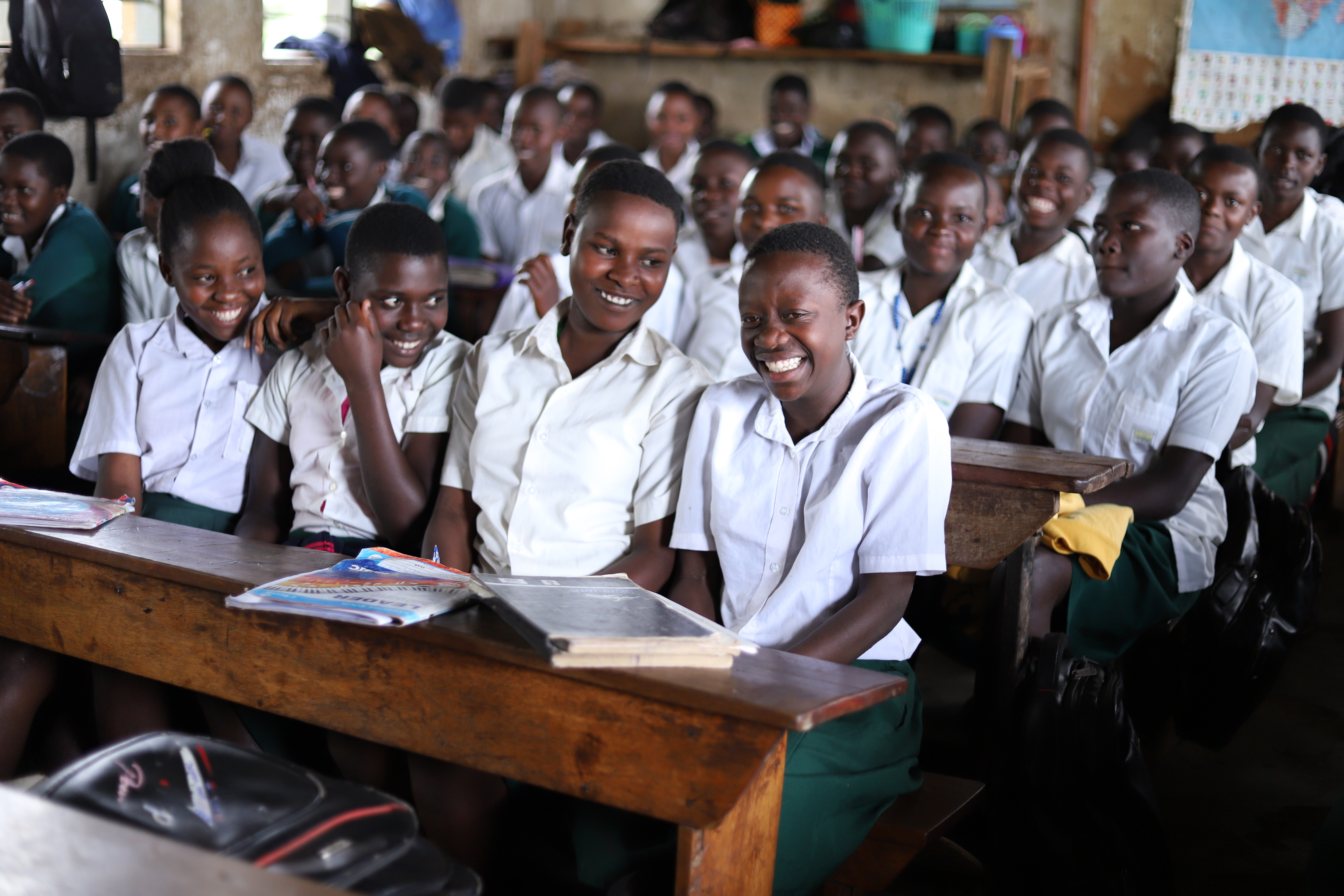Periods lead to inequality? That is unacceptable
Every month, about a quarter of the world's population, 1.8 billion people, menstruate. For many of them, this leads to inequality. They cannot go to school or work, or are discriminated against because of taboos and superstitions. This is unacceptable, says Simavi director Dieneke van der Wijk.
On May 28, we celebrate Menstrual Hygiene Day worldwide, a day that calls for a ‘Period Friendly World’—a world in which menstruation is not a cause for shame, exclusion or inequality. A world that is unfortunately still a long way off.
School drop-out and stigma
At Simavi, we work every day to promote the rights of women and girls to access safe water, sanitation and menstrual health. Because menstrual health is much more than hygiene. It is a human right. It affects education, self-confidence, health and the freedom to live your life the way you want.
Menstruation is not a disease. And it should certainly not be a reason for exclusion or shame. Yet in many communities, it is still taboo. Girls do not dare to talk about it, not even with their mothers or teachers. Worldwide, 15% of girls stay home when they have their period instead of going to school.
Change in mentality
We see this in our WASH, Learn & Share programme in Uganda. Girls stay home because they don’t have sanitary towels, or because schools don’t have safe toilets where they can change their sanitary towels in privacy. But we also see that when girls have access to this, it not only improves their school performance but also their self-confidence.
Take 14-year-old Gloria, who according to her teachers has become a role model by talking to classmates about the stigmas surrounding menstruation. This not only changes the mentality of the girls who are ashamed of their period. But also of the boys, who tease them about it, because they don’t really understand what menstruation is.

'Menstrual health affects education, self-confidence, health, and the freedom to live your life the way you want.'
Not a luxury but a human right
Menstrual health is not a luxury. It is a human right. However, menstrual poverty also occurs in the Netherlands: 1 in 10 menstruating people sometimes cannot afford products. And while menstrual leave has now been legally regulated in Spain for people with severe menstrual complaints, this is not yet the case in the Netherlands. Many women want more understanding, but fear stigmatization in the workplace.
Whether you live in Uganda or the Netherlands: menstruation should not be an obstacle to equal opportunities. Not at school. Not at work. Not in life. Let us continue to fight worldwide for fair access, good facilities and open conversations. To not ignore menstruation, but to celebrate it.
Dieneke van der Wijk, director Simavi



